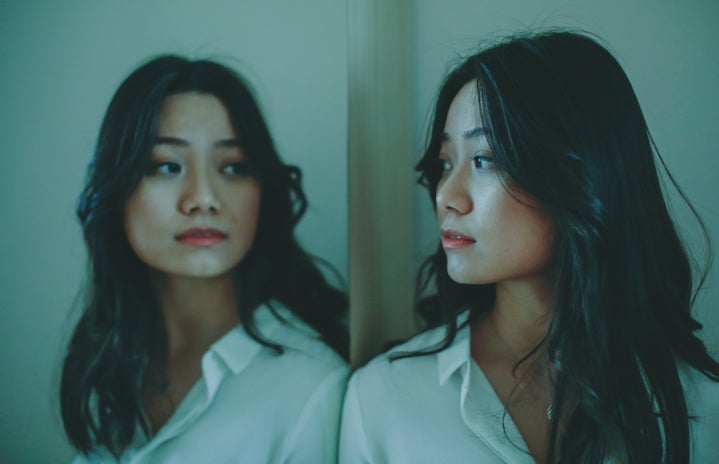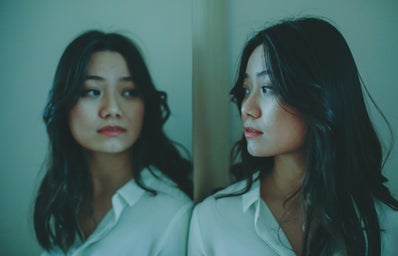“Beauty is in the eye of the beholder.”
I can’t tell you how often I’ve heard this quote from my mother growing up. It used to invoke such distraught feelings for me because the phrase implied that I didn’t fit the common beauty standards of the world, and when I was twelve, there was nothing I had wanted more than that.
When I was twelve I was a short, brown-skinned, hairy, buck-toothed, and pimpled child. In contrast, the beauty standard of that time for women was to be tall, tanned, blonde, and colored-eye goddesses. I used to plead with the Universe to suddenly change me into some stunning version of myself that fit into those rigid standards.
What I didn’t understand at twelve, I now understand at twenty.
The beauty standards that I grew up on were, for lack of a better term, rubbish.
You might’ve previously heard the term “eurocentrism”. Eurocentrism is the cultural phenomenon that has permeated throughout history: the idea that most countries should reflect similar cultures and practices as is in Europe. For example, a strong eurocentric idea is the concept of medicine. Western medicine is often held in a higher, more superior regard in comparison to oriental medicine, which usually comes from East Asian countries. Well, I’m here to tell you that Eurocentrism doesn’t just affect your medicine, it also has affected your beauty standards.
The Eurocentric beauty standard has always been a white woman. Women such as Jackie Kennedy, Marilyn Monroe, and Grace Kelly have been used as models for beauty during their respective lifetimes. Throughout time, this standard has evolved, now making society’s most beautiful women white women who have features of Black bodies. This is incredibly problematic. Not only is the current beauty standard a poor imitation of the Universe-given beauty of Black women, but rarely are Black women used to characterize this beauty standard. Instead, white women who have similar body shapes and faces (whether by surgery or not), dominate the field of standardized beauty.
And frankly, I think it’s disgusting.
The fetishization of Black women’s bodies is disgusting. Black women are beautiful because they are. They are beautiful, for their smiles, their hair, their skin, their aura, their hearts, and, yes, their bodies.
But they are not beautiful for their bodies in the way you think. They are not objects for you. Their beauty is defined by themselves, how they think they are beautiful, and they are beautiful for how they feel comfortable expressing that.
They are not beautiful for you. Not for me. Not for anyone else but themselves.
This is something that, as a brown woman, I have begun to internalize. I am beautiful by no one else’s standards but my own.
I could lie and say it’s been really difficult, but the fact of the matter is that as I’ve grown up, I’ve begun to conform to many of society’s beauty standards. I’m relatively thin, I got Invisalign during my Freshman year of high school, and my skin magically cleared after I left high school.
I’m still rather hairy, but instead of being bothered by it, I’m rather fond of my thick arm hair.
The internalization that I am beautiful has, admittedly, been morphed by society’s beauty standards, which I deplore. But a much stronger part of me has established that despite how I do fit those standards, I am beautiful for no one else but myself.
From my lazy eye to the fact that I barely reached five feet in height, from my large hands to my rather small head– that’s all for me.
Despite the things about myself that don’t conform to the typical standards of beauty, I don’t think that makes me any less beautiful, any less worthy of a fulfilling life. The standards that define my beauty are my own, they are unique, and are special to me.
The standards of beauty that define your beauty are all your own. From every crooked tooth to smooth inch of skin, from every inch of height to every wrinkle on your skin. That is yours, and no one can take it away from you.
Beauty truly is in the eye of the beholder, and you are your own beholder.


